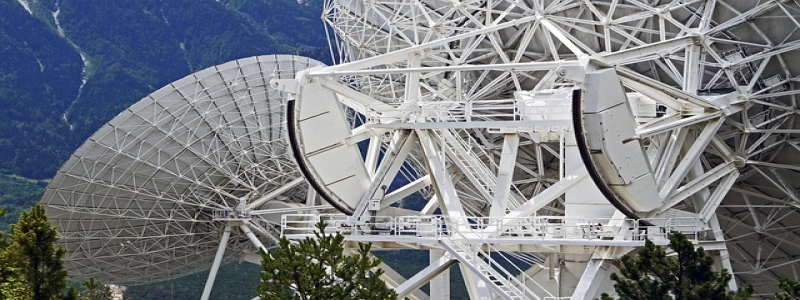SFP+ Transceiver: High-Speed Data Transmission for Network Applications
introduzione:
The SFP+ transceiver is a highly advanced and versatile device used in various network applications. It is a small form-factor pluggable (SFP) optical module that provides high-speed data transmission capabilities. In this article, we will explore the features and benefits of SFP+ transceivers and their importance in modern network infrastructure.
IO. What is an SFP+ Transceiver?
A. Definizione:
– The SFP+ transceiver is a compact hot-pluggable optical module used for data communication applications.
– It is designed to be compatible with the SFP interface, but offers higher data rates and increased port density.
B. Key Features:
– Small form factor and hot-pluggable design, allowing easy installation and removal.
– High data transmission rates of up to 10 Gbps, enabling faster network connections.
– Compatible with various types of optical cables, including single-mode and multi-mode fibers.
– Supports various network protocols, such as Ethernet, Fiber Channel, InfiniBand, and SONET/SDH.
II. Importance in Network Infrastructure:
A. High-Speed Data Transmission:
– SFP+ transceivers play a vital role in modern networks that require high-speed data transmission.
– They are commonly used in data centers, telecommunications networks, and enterprise networks to ensure fast and reliable connectivity.
B. Flexibility and Scalability:
– SFP+ transceivers offer flexibility in network design and facilitate easy system upgrades.
– With their hot-pluggable nature, they can be quickly replaced or upgraded without disrupting network operations.
– The compact size of SFP+ transceivers allows for increased port density, enabling more connections in limited space.
C. Cost-Effectiveness:
– SFP+ transceivers provide a cost-effective solution for network connectivity.
– Instead of replacing entire networking equipment, SFP+ transceivers allow for the upgrading of individual transceivers to accommodate higher data rates.
III. Common Applications:
A. Data Centers:
– SFP+ transceivers are widely used in data center networks for high-speed interconnects.
– They provide reliable connections between switches, routers, and servers, facilitating efficient data transmission.
B. Telecommunications Networks:
– SFP+ transceivers are essential components in telecommunications networks, supporting high-speed data transmission over long distances.
– They ensure the seamless operation of communication systems, such as telephony, video conferencing, and internet services.
C. Enterprise Networks:
– In enterprise networks, SFP+ transceivers enable fast and secure connections between local area networks (LANs) and wide-area networks (WANs).
– They are commonly used in switches and routers to ensure efficient data transfer and reliable network performance.
Conclusione:
The SFP+ transceiver is a crucial element in modern network infrastructure, providing high-speed data transmission capabilities, flexibility, and scalability. Its small form factor and compatibility with various protocols make it an ideal choice for data centers, telecommunications networks, and enterprise networks. With the advancement of technology, the demand for SFP+ transceivers is on the rise as networks require faster and more reliable connectivity.







